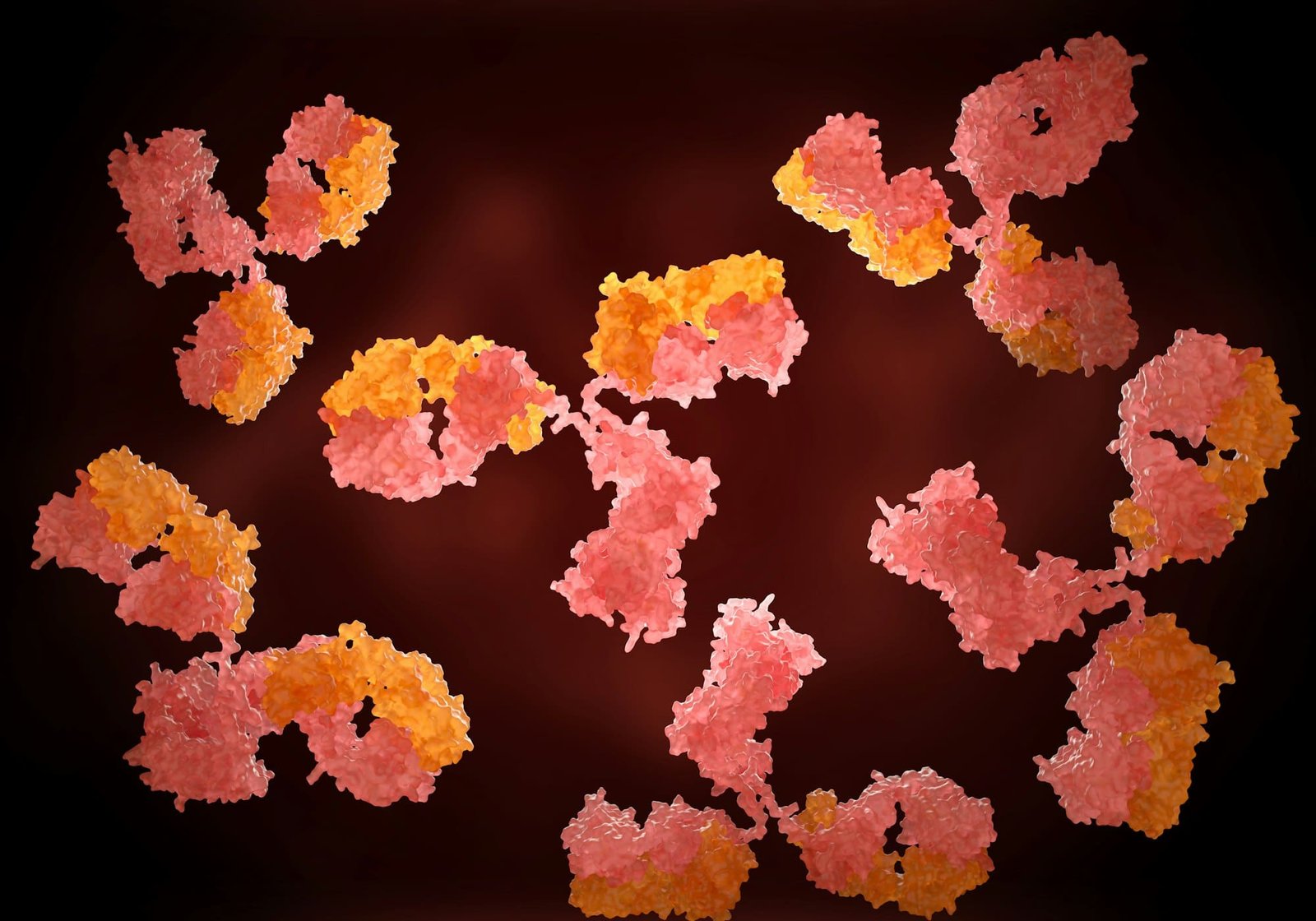Exercise oncology focuses on the role of physical activity in cancer prevention, treatment, and survivorship. Research in this field explores how exercise can reduce the risk of developing certain cancers and improve outcomes for cancer patients. Studies have shown that regular exercise can help manage side effects of cancer treatment, such as fatigue, depression, and muscle weakness, while also improving overall quality of life. Additionally, exercise has been found to have positive effects on cancer-related biomarkers, immune function, and treatment tolerance. Exercise oncology programs often include tailored exercise prescriptions designed to meet the unique needs and capabilities of cancer patients, with guidance from exercise physiologists and oncology specialists. Overall, exercise oncology represents a promising approach to complementing traditional cancer treatments, promoting physical and mental well-being throughout the cancer journey.







